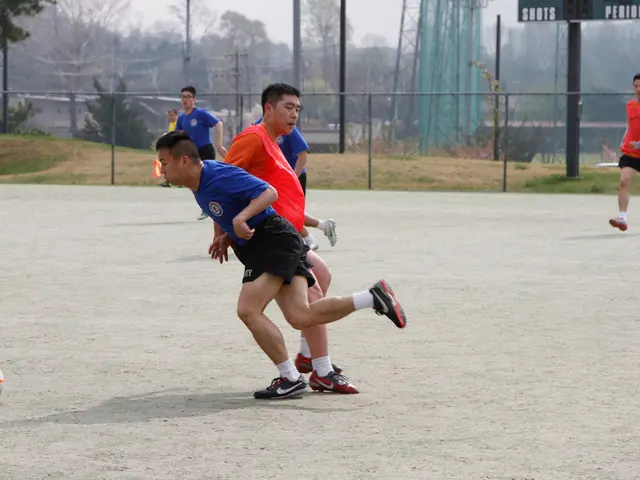Assurances for Kiev, Exclusively from Europe - Absence of American Troops Guaranteed
In the ongoing negotiations surrounding security guarantees for Ukraine, key international actors such as the USA, Germany, and other European countries are actively involved. Here's a summary of the current discourse and possible contributions:
USA
The United States has emphasized the importance of robust security arrangements for Ukraine to prevent future aggression. Washington insists any guarantees must ensure Ukraine’s sovereignty and territorial integrity while balancing wider NATO-Russian strategic considerations. The US may provide security guarantees through NATO mechanisms, bilateral defense agreements, intelligence sharing, and commitments for military aid or rapid response support.
Germany
Germany has historically been cautious about direct military guarantees for Ukraine due to concerns about escalating tensions with Russia. Berlin tends to prioritize diplomatic efforts alongside economic aid and reconstruction assistance. Germany may participate in joint European security frameworks offering non-binding assurances, and contribute to peacekeeping or monitoring missions post-agreement.
Other European Countries
Countries like France, Poland, and the Baltic states generally favor stronger, possibly legally binding guarantees, including potential NATO involvement. The EU is discussing mechanisms that could encompass political guarantees, joint defense collaboration, and enhanced security cooperation focused on Ukraine’s defense capacity. Some countries advocate sending international peacekeeping forces or observation missions to enforce the peace terms and ensure compliance.
Multilateral and Legal Frameworks
Proposals include international treaties backed by major powers to guarantee Ukraine’s borders, security alliances or coalitions beyond traditional NATO membership, and UN or OSCE involvement for monitoring and enforcement.
Challenges
Aligning the interests of various stakeholders, especially with Russia’s stance, defines the main challenge. Defining the scope and legal status of guarantees, and balancing deterrence with diplomacy to maintain long-term peace, are other significant hurdles.
Recent developments indicate growing momentum in these discussions. Zelenskyy did not insist on a ceasefire before a meeting with Putin, stating that they should meet without any preconditions. The Ukraine summit in Washington was hailed as a historic event by the German government. US President Trump is pushing for a bilateral meeting between Zelenskyy and Kremlin leader Vladimir Putin, followed by a trilateral meeting with his participation.
However, there is disagreement on the need for an immediate ceasefire as a precondition for peace talks. The details of the USA's contribution to Ukraine's protection after a possible peace agreement are uncertain. Russia currently rejects the stationing of troops from NATO countries in Ukraine.
The evolving situation depends heavily on political developments, the outcome of negotiations on the ground, and shifting security priorities within the transatlantic alliance and Europe. The discussions are expected to take place in the coming days, likely this week.
Read also:
- United States tariffs pose a threat to India, necessitating the recruitment of adept negotiators or strategists, similar to those who had influenced Trump's decisions.
- Weekly happenings in the German Federal Parliament (Bundestag)
- Southwest region's most popular posts, accompanied by an inquiry:
- Discussion between Putin and Trump in Alaska could potentially overshadow Ukraine's concerns








